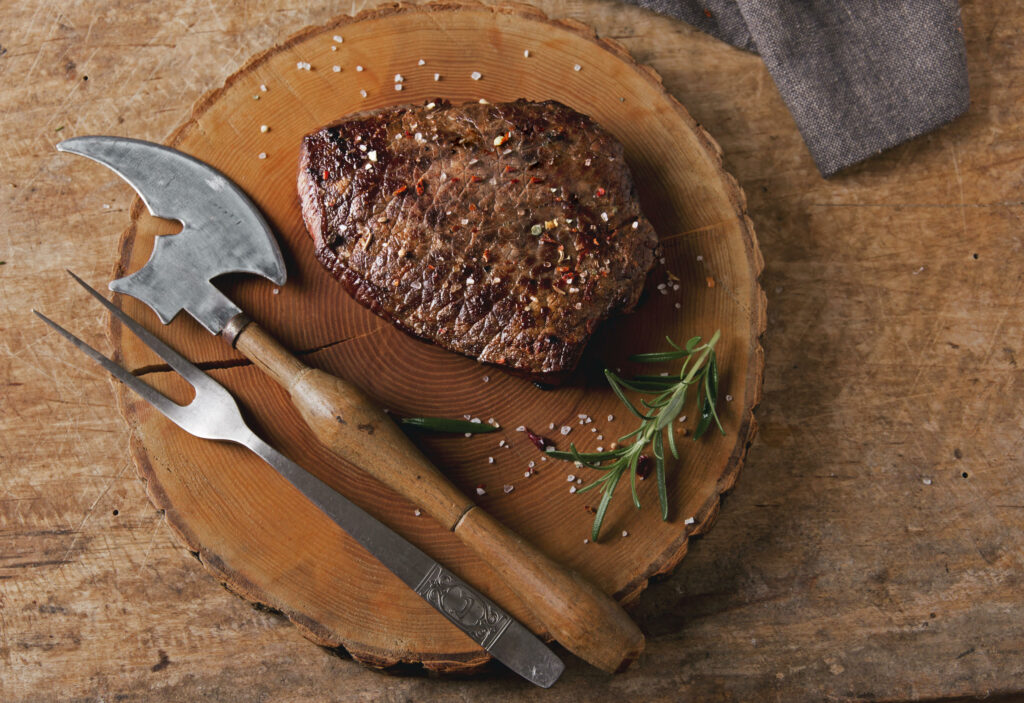
Has there ever been a time when people have been more concerned about their immunity than right now? Probably not in our generation. There are many factors that affect immunity, but we as dietitians want to outline how nutrition plays an important role. That’s why we thought it was a key time to develop this series where we talk about how food can help support your immune system. Just to be clear, there are no foods that can cure or guarantee prevention from any disease, but there are definitely foods that can support your immune system to help your chances of staying healthy.
Protein is the nutrient nobody is talking about right now when everyone is freaking out about their immune health. Why? Because compounds like elderberry sound a lot sexier and are a lot easier to sell. However, protein does so much more for your body than just building muscle. It also plays a critical role in keeping your immune system strong.
Your immune system is the defense system in your body that helps you to fight off disease. There are many different cells in your immune system that destroy disease-causing bacteria and viruses. However, your white blood cells and organisms called antibodies are the ones in focus here. That’s because proteins are used in the body to make hormones, repair cells (like when you are sick or injured), but most importantly, they make up antibodies. That’s right, those little disease fighters in your immune system are proteins! Therefore, if you aren’t giving your body enough protein through food, you could end up at risk for having a subpar immune system.
The following foods are high quality sources of protein. Each serving provides about 21 grams of protein:
- 3 ounces lean pork cuts (i.e. loin, tenderloin)
- 3 ounces lean beef (90/10 or better)
- 3 ounces chicken breast; chicken thighs and legs with no skin
- 3 ounces seafood such as tuna, salmon and shrimp
- 3 Eggs
- 1 cup of Milk, Greek yogurt and 3 ounces cheese
Some high quality sources of plant proteins with 20 grams of protein include:
- ½ cup beans, peas and lentils
- 8 ounces tofu
- 4 ounces tempeh
- 2 ½ cups quinoa
You can pair any of the animal proteins above with your favorite grain/starch (like corn, rice, bread, etc.) and vegetables. Remember to switch up your vegetables often to eat different colors. This ensures you’re getting a wide variety of antioxidants and phytonutrients which are also critical for a healthy immune system (more on that later in the series). If you choose a plant source of protein, you also need to be sure your entire plate contains your chosen source of protein, a healthy fat and a starch or grain. For example, if you choose tofu as your protein source like in a breakfast scramble, add a healthy fat like avocado and either a starch like potatoes or a grain like oats.
The bottom line? Just include at least 20 grams of protein in every meal or snack. This will also help to control your hunger and keep your metabolism going. Just remember that if you neglect your protein intake, science shows your immune health will suffer.





